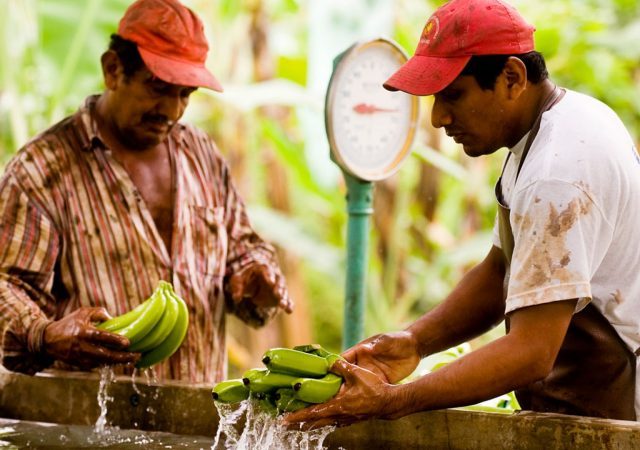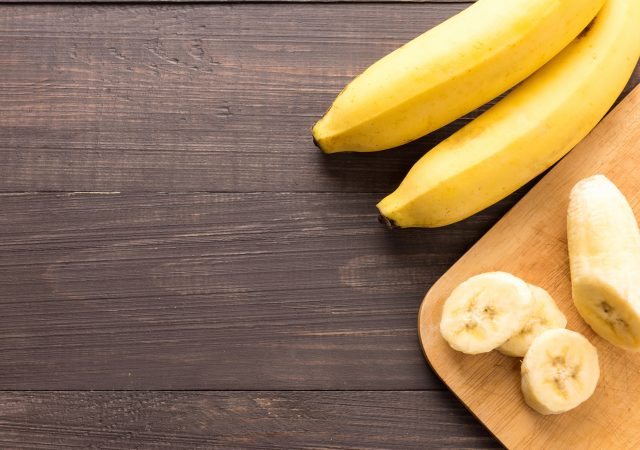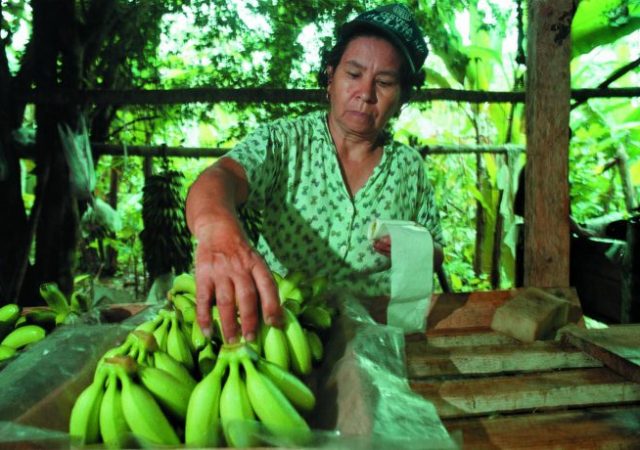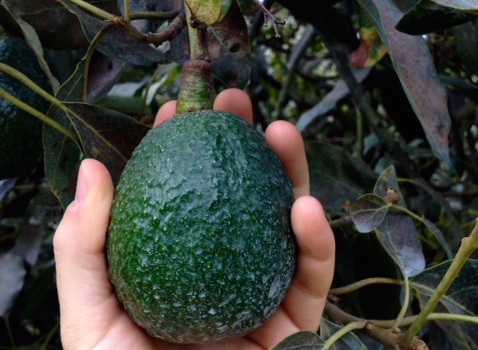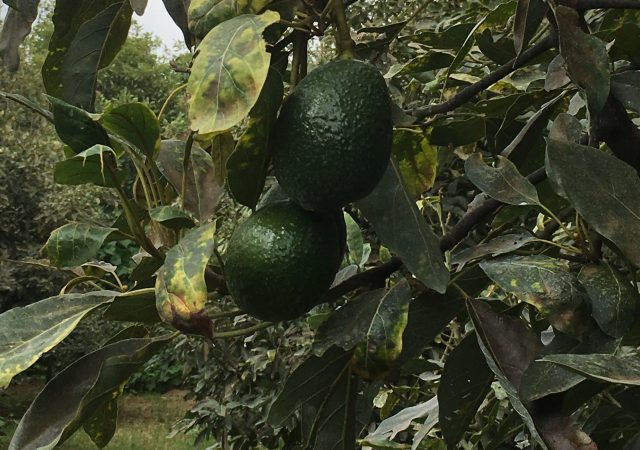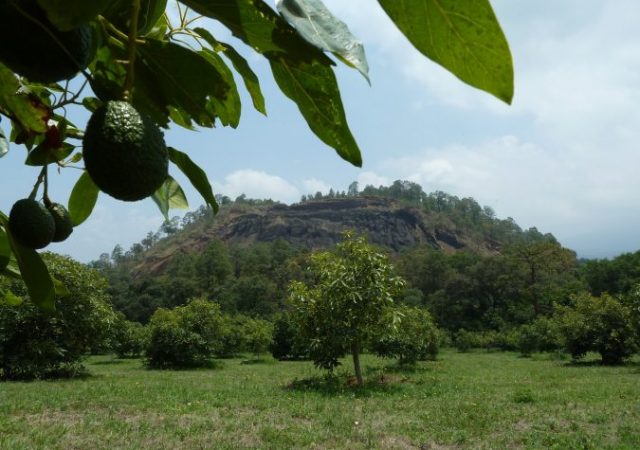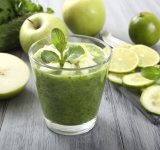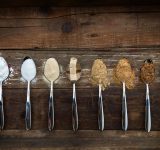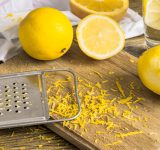Luckily we have a solid foundation when we want to choose healthier food, grown without the use of synthetic pesticides and fertilizers, and produced without thousands of potentially harmful ingredients and additives such as colorings, preservatives, flavor enhancers, or GMO’s,…
15 Surprising Uses for Bananas
Wondering what to do with extra bananas and peels? Check out these clever uses for bananas that range from taking the sting out of a bug bite to polishing your living room furniture. Top 15 Clever Uses for Bananas 1.…
The Dirty Truth About Pesticides and Bananas
Pesticides and bananas? Although bananas are not on the Environmental Working Group’s Dirty Dozen List, they are one of the most chemically intensive crops grown. The list can mislead people into thinking conventional bananas must be ok to consume. However,…
The Terroir of an Avocado Affects the Flavor
Like many produce items, avocados bear a sticker that indicates where that piece of fruit was grown: Mexico, California, Peru, or Chile. Equal Exchange avocados specifically come from small farmers who are part of the Pragor cooperative, based in Michoacán,…
These Organic Fair Trade Avocados are Socially Just and Environmentally Sound
Agriculture and food are our most direct and daily connection to the natural world. The health of our environment directly impacts our own health and well-being, it is imperative that we continue to explore and push the boundaries of overall…
What’s the Story Behind Mexican Avocados?
The avocado has become a staple on the menus of restaurants, a favorite first food for new babies, and a must-have for foodies everywhere. We know we love it, but what else do we know about the Mexican avocados? Here’s…

